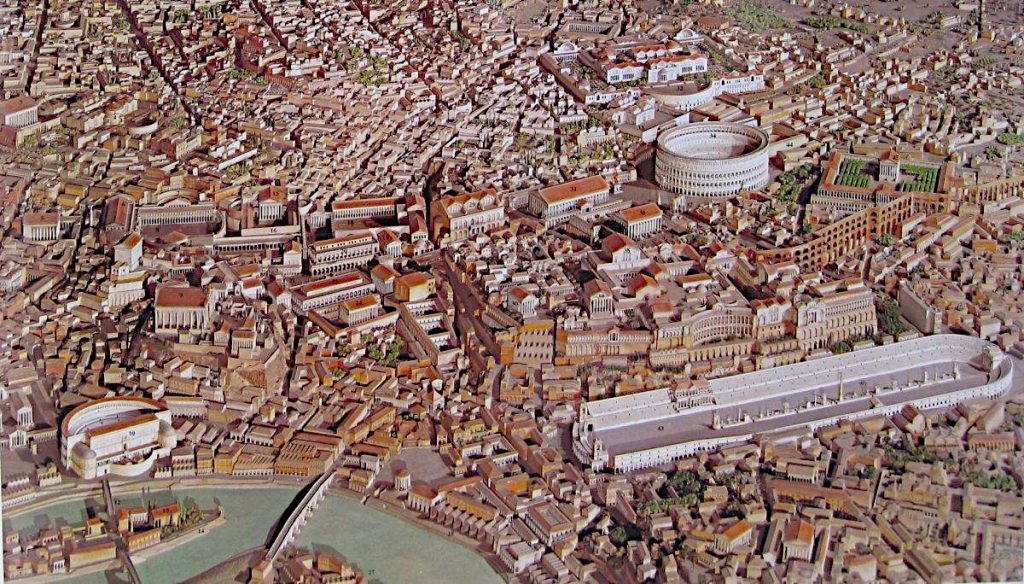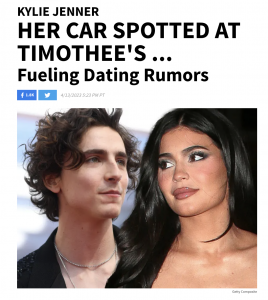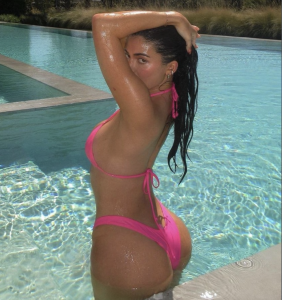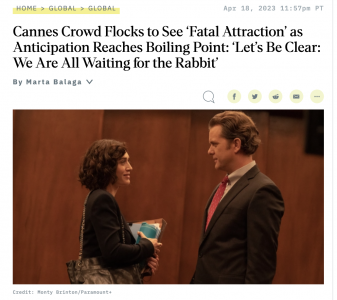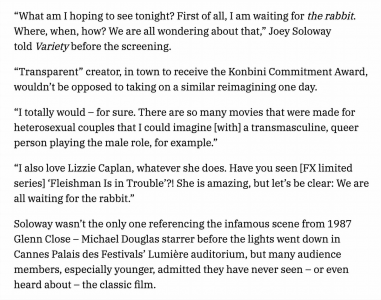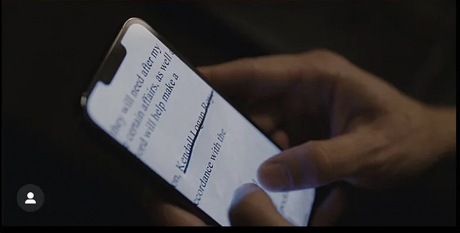F. Murray Abraham is publicly apologizing for passing along some presumably vulgar, off-color jokes during the shooting of Apple TV+’s Mythic Quest. The jokes were apparently what got him fired, and so Abraham is trying to calm the whole situation down.
“This is a sincere and deeply felt apology,” he said in the statement. “Though never my intention to offend anyone, I told jokes, nothing more, that upset some of my colleagues and as a result I lost a great job with wonderful people. I have grown in my understanding from this experience, and I hope they will forgive me.”
Remember The Aristocrats? Gauche, revolting, locker-room rumor performed ironically and without the slightest hesitation. The late Gilbert Gottfried‘s rendition was masterful. The idea wasn’t to be “funny”, but to demonstrate how brazen or unperturbed he was about slinging really disgusting material “in quotes”, and with a slight twinkle in his eye.
Did Abraham got into trouble because he didn’t have Gottfried’s confidence or charm?
Imagine Gottfried killing an audience with that idiotic Johnny Fuckerfaster joke, which I first heard when I was eight or nine. “Once there was a boy named Johnny Fuckerfaster, and he was having sex with a girl under the front porch and his mom came out looking for him. ‘Johnny!’ she called out. Johnny was silent. ‘Johnny Fuckerfaster, where are you?’ Still no reply. ‘Johnny Fuckerfaster, answer me or you’re in big trouble!” his mom shouted at the top of her lungs. ‘Jeez, ma,’ Johny finally replied. ‘I’m going as fast as I can!'”
I’ve never laughed at vulgar sexual humor, which often masks hostility or immaturity, and I’ve certainly never tried to amuse anyone with such humor. But a gifted comedian — confidence, generosity of spirit, timing, attitude — can make all the difference.


